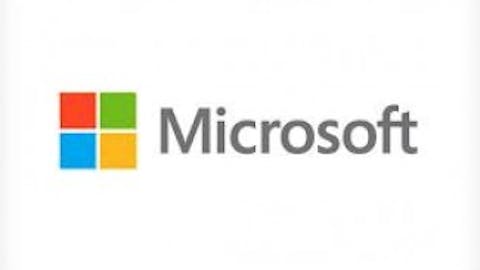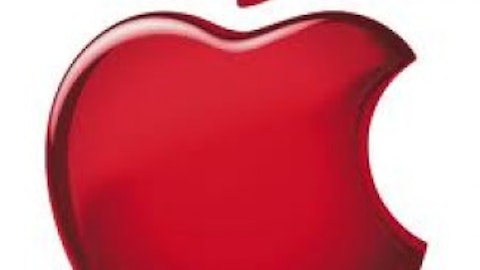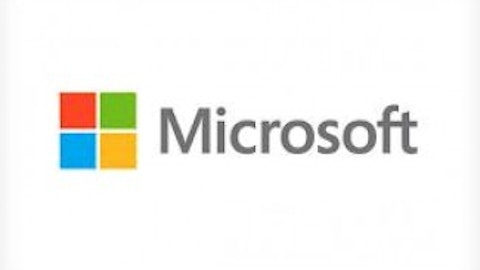In August, the healthcare giant Aetna Inc. (NYSE:AET) announced plans to purchase Coventry Health Care, Inc. (NYSE:CVH) for $5.7 billion. However, in an announcement earlier this week, Coventry investors filed a lawsuit over the $5.6 billion takeover, saying that it unfairly enriches the company’s top executives, while shortchanging Coventry investors.
The deal values Coventry Health at $42.08, with the company currently trading around $41.80. The premium on Coventry Health’s stock was 20% from the previous trading day. Coventry is expected to achieve strong future performance—revenues are expected to be up 17% in 2012—with top line performance being driven by a Kentucky Medicaid contract that began in November, as well as additional Nebraska, Virginia and Missouri Medicaid contracts. These will help drive member growth, with an expected increase in 2012 of 36,000 Medicare Advantage and 373,000 more Medicare Part D members.
Aetna joins its top competitors in a rush to break into the Medicare and Medicaid provider industry. Among Aetna’s biggest competitors are WellPoint, Inc. (NYSE:WLP) and CIGNA Corporation (NYSE:CI). Both of these companies made key acquisitions within the past year to help give them more exposure to the Medicare-Medicaid industries.
WellPoint purchased AMERIGROUP Corporation (NYSE:AGP) for almost $4.5 billion, in a deal that makes the combined companies the largest private Medicaid enterprise by membership. WellPoint is expecting operating revenues to rise almost 2% in 2012, and operating EPS of $7.45 compared to 2011’s $7.00 total. However, the company’s CEO did step down a month ago, in part due to several large investors being disappointed over company execution. AMERIGROUP is expected to increase premium revenues by 40% in 2012, driven by expansion in existing markets and entry into Louisiana, expansion in Texas and the May 1st acquisition of Health Plus. Health benefits costs are expected to rise to 86% of premium revenues (health benefits ratio), from 2011’s 83.7% mark.
Cigna Corp purchased HealthSpring for $3.8 billion, which will build up the company’s Medicare business. The HealthSpring acquisition added about 365,000 Medicare Advantage and over 850,000 Medicare Part D members to Cigna’s member count. The company is expected to increase revenue 38% in 2012. The one downside to the HealthSpring acquisition was it has increased the firm-wide medical cost ratio. However, the company beat 2Q estimates by posting $1.49 EPS, versus estimates of $1.47, and saw its 2012 EPS estimates increased by $0.07.
The three pension funds listed in the Coventry Health lawsuit claim that the company’s board failed to shop around for the highest price. The funds are seeking a court order to block the deal from being completed, claiming that Coventry investors are only receiving a 20% premium, while other recently acquired insurers received over 40%. The WellPoint buyout of AMERIGROUP was at a 43% premium, while the Cigna acquisition of HealthSpring was at about a 38% premium.
If the takeover is completed, Aetna appears to have finally found what it has been looking for: a company that can give it exposure to government-based health plans. Aetna, primarily a commercial health insurance provider, would then have exposure to Medicare and Medicaid based plans through Coventry Health. In acquiring Coventry, Aetna’s share of revenue from its government business would grow to over 30%, from its current level of 23%. The acquisition is expected to add around $0.45 to EPS in 2014 and $0.90 in 2015.
A 40% premium on the Coventry purchase would add another $1 billion to Aetna’s valuation. Although this might not be much for a healthcare giant like UnitedHealth Group Inc. (NYSE:UNH), which has a market cap in excess of $50 billion and over $11 billion in cash, it could be significant for Aetna. Aetna has a market cap of $13 billion that is just over double Coventry Health, while Aetna only has less than a $1 billion in cash. UnitedHealth also gained additional exposure to Medicare Advantage members through its February 2012 acquisition of XLHealth, which is expected to add 117,000 members—find out if UnitedHealth is a good investment.
David Einhorn with Greenlight Capital has big bets on both Aetna and Coventry; he owned the most shares at the end of June in each company. Both were also new positions for Einhorn. Greenlight had 3.3% of its 2Q 13F portfolio invested in Coventry and 1.9% invested in Aetna. Barry Rosenstein of Jana Partners was another top owner in Coventry, and Bill Miller was in Aetna.
Both Aetna and Coventry have seen no insider selling activity in 2012 thus far, but did see a pickup in insider purchases over the summer. See the purchases for Aetna and Coventry by visiting Insider Monkey’s insider trading database.






